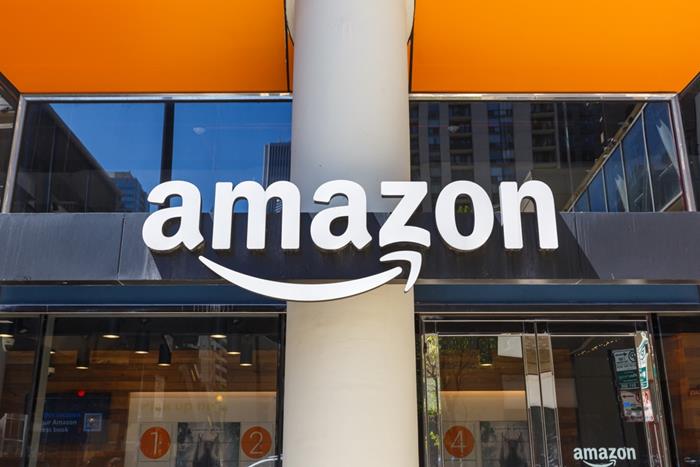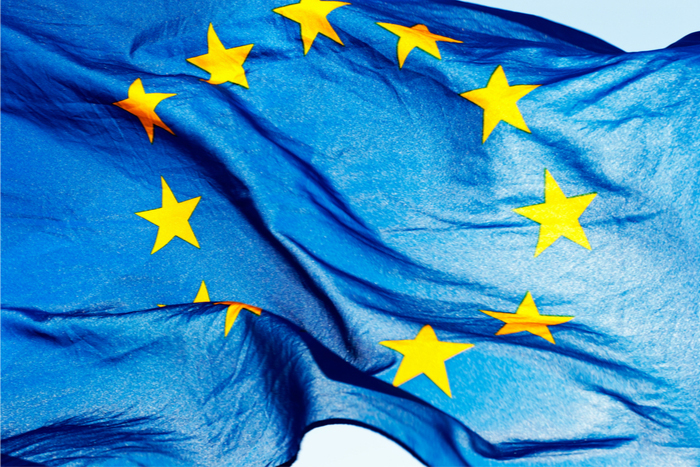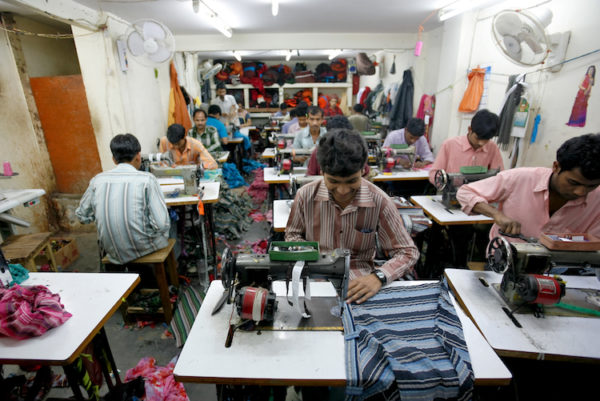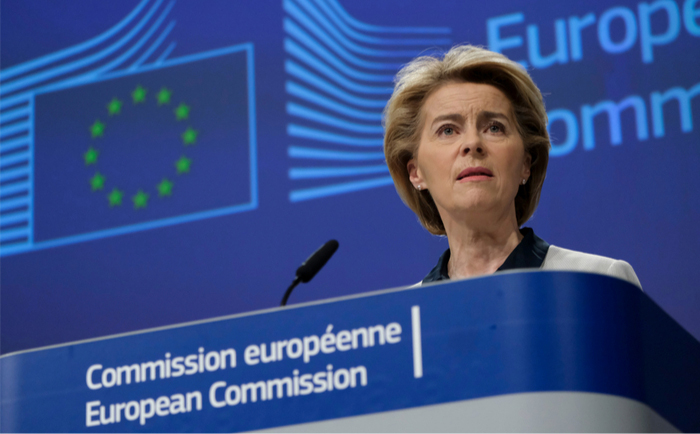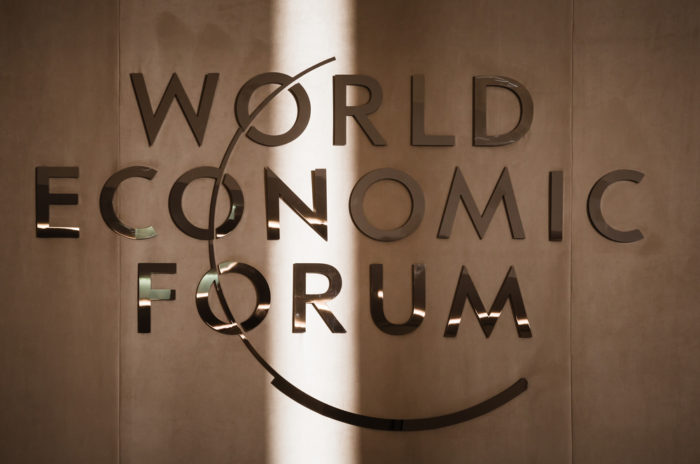It can be an uncomfortable experience for corporate leaders to be called out for low wages. To be accused of paying “poverty” wages—and for that accusation to come from the United Nations—is in another league.
This week, Olivier De Schutter, UN-appointed expert on extreme poverty, singled out the chief executives of US giants Amazon, food delivery firm DoorDash and Walmart for paying workers inadequately, union busting and misclassification of workers as “independent contractors”.
De Schutter has now called on the CEOs—Andy Jassy, Tony Xu and Doug McMillon—to respond to his claims.
“I am extremely disturbed,” says De Schutter, “that workers in some of the world’s most profitable companies–in one of the richest places on earth—are struggling to afford to eat or pay their rent.”
He added: “Multi-billion-dollar companies should be setting the standard for working conditions and wages, not violating the human rights of their workers by failing to pay them a decent wage.”
The UN demand comes just days after Amazon posted third quarter net sales of $143.1bn, up 13% on the same quarter last year.
Earlier this month, DoorDash posted a press release to its website, saying “DoorDash is a career-defining place to work” after being named as one of “America’s greatest places to work,” by Newsweek.
Amazon has more than one million employees in the US, while Walmart has more than double that number. DoorDash has a more modest 70,000.
De Schutter’s call for a response follows his report published in July, The working poor: a human rights approach to wages, which concluded that more than one in five workers in the world live in poverty.
‘Living wage’
He called on governments to take action on poverty wages, including the introduction of a legislated minimum wage. He also called on companies to include a “living wage” check when they undertake human rights due diligence on suppliers. All workers, he added, should have union rights.
Failure to pay a “living wage”, De Schutter points out in the report, is prohibited by the UN Guiding Principles on Business and Human Rights.
In 2019, Business Roundtable, a club for CEOs of some of the largest corporates in the US, signed a statement declaring they were “redefining” their purpose to be delivering “value to their customers, invest in employees and deal fairly with suppliers and support communities in which they operate”.
Among many CEOs, the statement was signed by Jeff Bezos, then CEO of Amazon, and Doug McMillon of Walmart.
The news went viral and has been part of the stakeholder versus shareholder primacy debate ever since, with academics and observers testing and debating its merits and integrity.
In 2021, Harvard researchers concluded the statement had been mostly “for show”. Some time later, a survey found that 70% of workers at large firms were unconvinced by their employers’ purpose statements.
With the cost of living of crisis hitting low-paid workers in economies worldwide, authorities are watching the behaviour of companies carefully.

